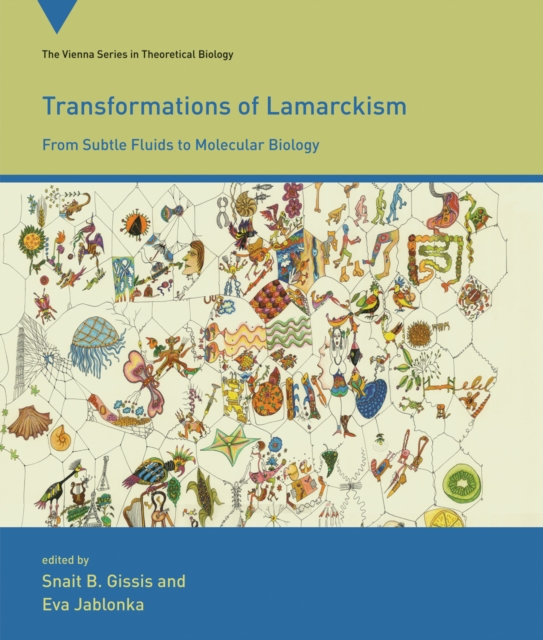
Transformations of Lamarckism : From Subtle Fluids to Molecular Biology PDF
Edited by Snait B. Gissis, Eva Jablonka
Illustrated by Anna Zeligowski
Part of the Vienna Series in Theoretical Biology series
Description
A reappraisal of Lamarckism-its historical impact and contemporary significance.
In 1809-the year of Charles Darwin's birth-Jean-Baptiste Lamarck published Philosophie zoologique, the first comprehensive and systematic theory of biological evolution. The Lamarckian approach emphasizes the generation of developmental variations; Darwinism stresses selection. Lamarck's ideas were eventually eclipsed by Darwinian concepts, especially after the emergence of the Modern Synthesis in the twentieth century. The different approaches-which can be seen as complementary rather than mutually exclusive-have important implications for the kinds of questions biologists ask and for the type of research they conduct. Lamarckism has been evolving-or, in Lamarckian terminology, transforming-since Philosophie zoologique's description of biological processes mediated by "subtle fluids." Essays in this book focus on new developments in biology that make Lamarck's ideas relevant not only to modern empirical and theoretical research but also to problems in the philosophy of biology. Contributors discuss the historical transformations of Lamarckism from the 1820s to the 1940s, and the different understandings of Lamarck and Lamarckism; the Modern Synthesis and its emphasis on Mendelian genetics; theoretical and experimental research on such "Lamarckian" topics as plasticity, soft (epigenetic) inheritance, and individuality; and the importance of a developmental approach to evolution in the philosophy of biology. The book shows the advantages of a "Lamarckian" perspective on evolution. Indeed, the development-oriented approach it presents is becoming central to current evolutionary studies-as can be seen in the burgeoning field of Evo-Devo. Transformations of Lamarckism makes a unique contribution to this research.
Information
-
Download - Immediately Available
- Format:PDF
- Pages:480 pages
- Publisher:The MIT Press
- Publication Date:22/04/2011
- Category:
- ISBN:9780262295642
Information
-
Download - Immediately Available
- Format:PDF
- Pages:480 pages
- Publisher:The MIT Press
- Publication Date:22/04/2011
- Category:
- ISBN:9780262295642










